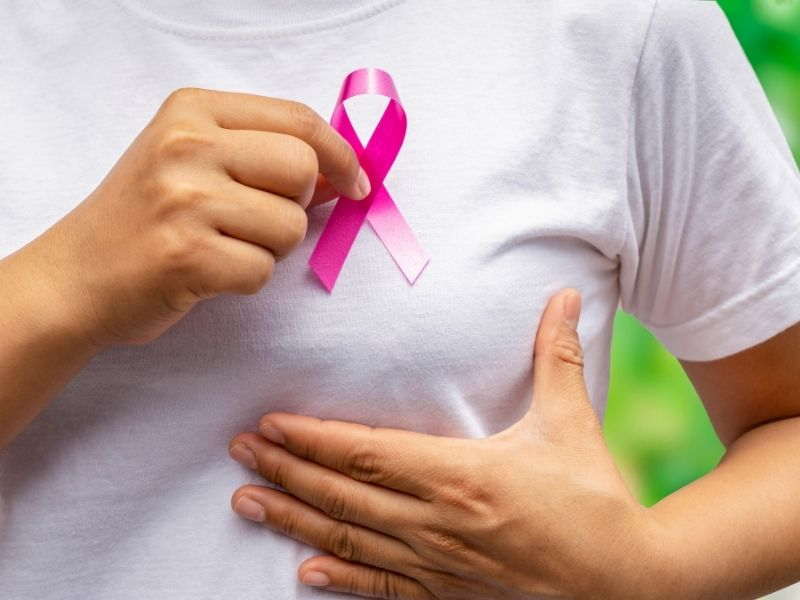A new study found that strong adherence to disease prevention recommendations among women with early-stage, high-risk breast cancer was significantly associated with a reduced risk of breast cancer recurrence and death.
The authors of the article, published online in JAMA Network Open, wrote that recommendations related to smoking cessation, physical activity (PA), consuming fruits and vegetables, and reducing or avoiding sugar-sweetened beverages were the most effective.
Rikki A. Cannioto, PhD, EdD, from the Cancer Prevention and Control Department at Roswell Park Comprehensive Cancer Center in Buffalo, N.Y., led the prospective cohort study involving 1,340 patients.
The American Institute for Cancer Research and the American Cancer Society regularly recommend and publish lifestyle changes for cancer prevention. To conduct this study, Dr. Cannioto and colleagues developed a composite lifestyle scoring index to investigate whether these recommendations affected survival in high-risk breast cancer patients.
Highest adherence more than halved the risk of death compared to the lowest adherence.
Researchers observed a 37% reduction in cancer recurrence (hazard ratio [HR], 0.63; 95% confidence interval, 0.48-0.82) and a 58% reduction in mortality (HR, 0.42; 95% confidence interval, 0.30-0.59) among patients with the highest versus lowest lifestyle index scores.
Dr. Cannioto said in an interview, "As someone who has built a career on the belief that our modifiable lifestyle behaviors are associated with cancer survival, I was truly surprised by how strong these associations were, especially for breast cancer recurrence."
She also expressed surprise at the associations observed in patients diagnosed with triple-negative breast cancer and HER2-positive breast cancer, traditionally more aggressive and harder-to-treat subtypes.
Most of the patients in the study were diagnosed with hormone receptor-positive breast cancer (873 [65.3%]); had at least a high school education (954 [71.2%]); were postmenopausal (696 [52.5%]); and identified as non-Hispanic White (1,118 [83.7%]).
Patients were part of the Diet, Exercise, Lifestyles, and Cancer Prognosis (DELCaP) study, a prospective, observational cohort study and ancillary study of a multicenter phase 3 trial led by the Southwest Oncology Group (SWOG). The DELCaP study was designed to examine lifestyles before diagnosis, during treatment, and at 1 and 2 years post-treatment.
Never smoking and physical activity had the strongest associations.
Never smoking and meeting or exceeding PA guidelines were most strongly and consistently associated with outcomes; each factor was associated with a 44%-45% lower risk of death and a 35% lower risk of recurrence.
Strong adherence to alcohol and body mass index (BMI) recommendations was not significantly associated with improved outcomes.
Partial and full adherence to red and processed meat recommendations were associated with significant reductions in death rates but not in recurrence rates.
The authors noted that while drugs are the foundation of breast cancer treatment, lifestyle changes could be a safe and cost-effective complementary strategy to delay and prevent recurrence and death.
"Such advancements could be especially effective for patients diagnosed with more aggressive tumors that respond poorly to current therapies," they stated.
Dr. Cannioto noted that PA guidelines refer to at least 150 minutes per week of moderate-to-vigorous intensity activity. However, she also emphasized that this research shows any physical activity can extend survival.
"The greatest benefits of physical activity come from transitioning from a sedentary lifestyle to becoming active," she said.
Dr. Cannioto acknowledged the homogeneity of the study population as a limitation and suggested testing the associations in a racially and ethnically more diverse population of breast cancer patients in future research.





